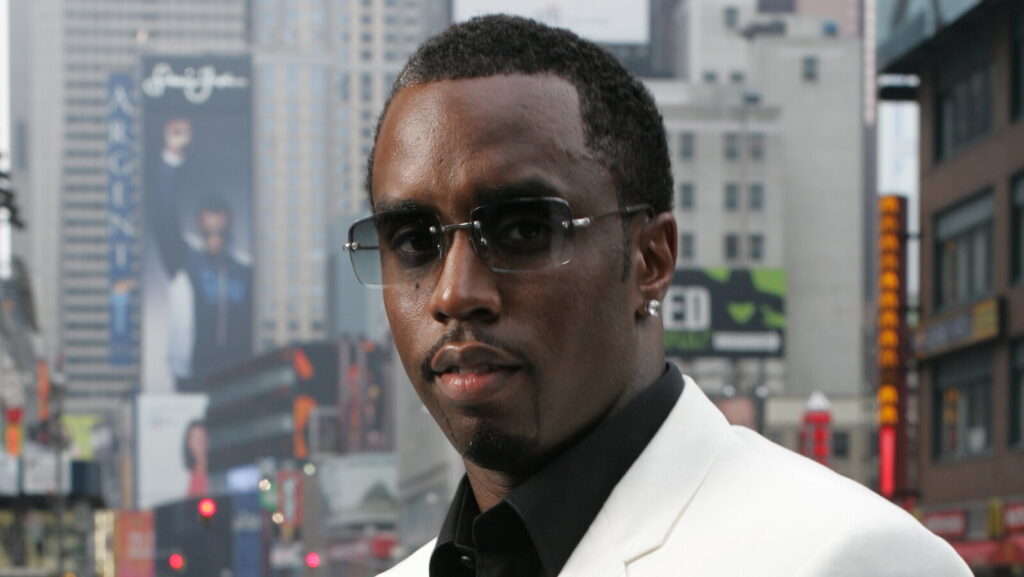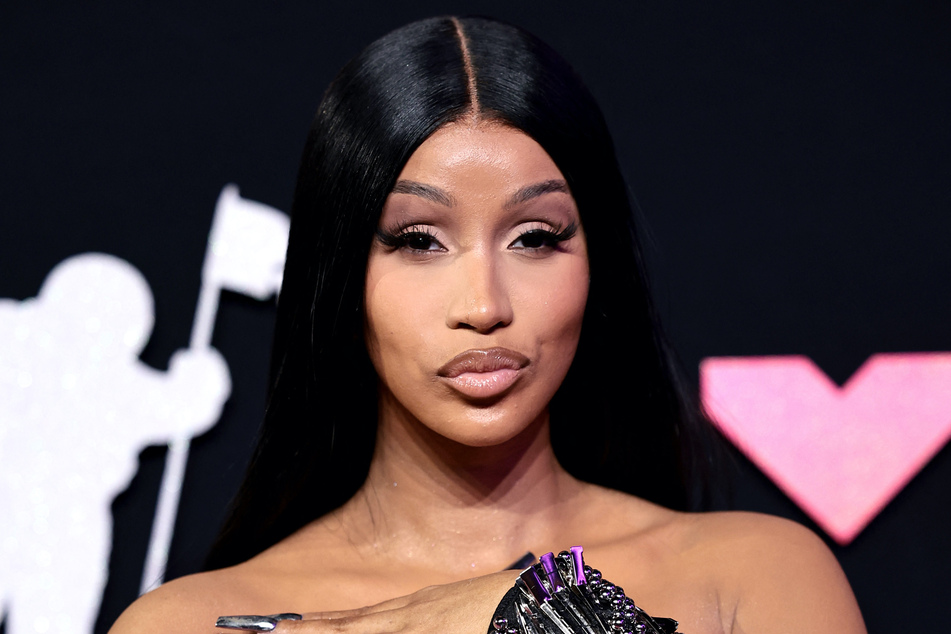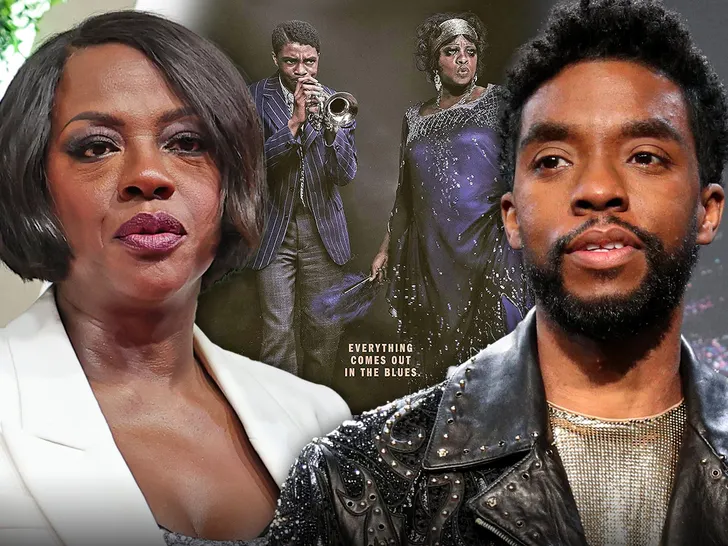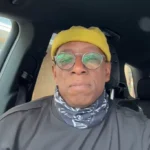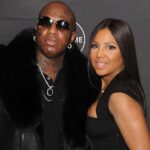Now Reading: Diddy’s ‘Freak Off’ Trial: The Battle Over Consent That Could Change Everything
-
01
Diddy’s ‘Freak Off’ Trial: The Battle Over Consent That Could Change Everything
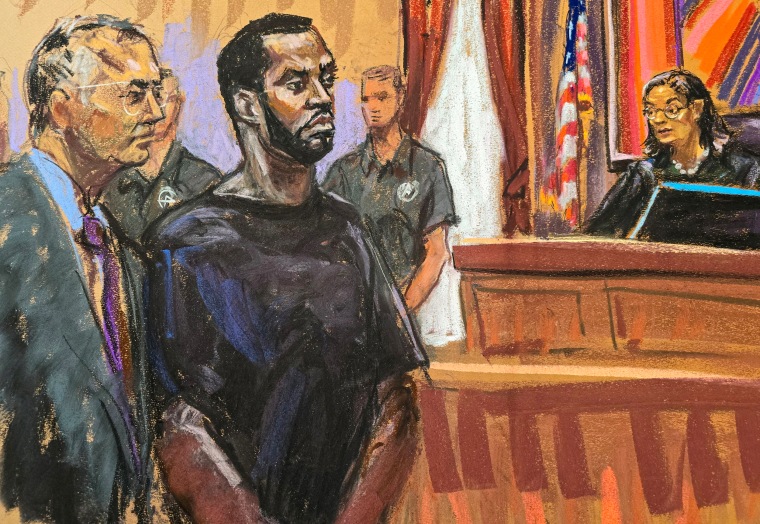
Diddy’s ‘Freak Off’ Trial: The Battle Over Consent That Could Change Everything
The legal storm surrounding Sean “Diddy” Combs continues to intensify as his upcoming trial zeroes in on the now-infamous “Freak Off” parties that have shocked the entertainment world. With prosecutors and defense attorneys preparing for an epic courtroom battle, one word sits at the center of it all: consent.
As revealed in TMZ’s explosive new documentary, “The Downfall of Diddy: His Defense,” the music mogul’s future hinges on whether these controversial gatherings involved willing participants or victims of coercion. This legal distinction won’t just determine Diddy’s fate—it could reshape how similar celebrity cases are prosecuted for years to come.

The Legal Battle: Consent vs. Coercion
Diddy’s defense team has staked their strategy on a straightforward claim: everything that happened at these gatherings was between consenting adults. Meanwhile, prosecutors face the daunting challenge of proving that something more sinister was at play—that the music mogul used manipulation, threats, or other forms of pressure to coerce participation.
“The government has an uphill battle,” explains criminal defense attorney Joe Tacopina in the documentary. “They need to convince a jury that these weren’t just wild parties but orchestrated events where participants couldn’t freely say no.” This tightrope between consensual activity and alleged trafficking forms the heart of what’s expected to be a heavily contested trial.
Star-Studded Legal Insights
The TMZ documentary, now streaming on Tubi, brings together some of America’s most recognized criminal defense attorneys to break down the case. Legal powerhouses Mark Geragos and Jose Baez join Tacopina in analyzing the strengths and weaknesses of both sides.
“What makes this case particularly challenging for prosecutors is the relationship history,” notes one of the featured attorneys. “When you’re dealing with former girlfriends as alleged victims, the lines between consent and coercion become even more blurred in the eyes of a jury.”

The ‘Freak Off’ Parties: What We Know
The term “Freak Off” has become synonymous with the allegations against Diddy. These gatherings, according to court documents and media reports, allegedly involved orchestrated sexual encounters that prosecutors claim crossed legal boundaries.
What remains unclear—and what the trial will ultimately determine—is whether participants were coerced or threatened into taking part. Diddy’s team insists they were consensual events between adults, while the prosecution will need to establish that participants were somehow forced or manipulated.
This distinction isn’t merely semantic—it’s the difference between potentially decades in prison and acquittal for the hip-hop mogul who once stood at the pinnacle of entertainment industry power.
Mock Jury Reveals Potential Trial Outcomes
In one of the documentary’s most revealing segments, a mock jury debates the evidence expected to be presented at trial. Their deliberations offer a fascinating glimpse into how actual jurors might view the case.
“The mock jury discussions revealed just how divisive this case might be,” explained a legal expert familiar with the documentary. “Some jurors were immediately convinced by the prosecution’s narrative, while others questioned whether adults attending parties with a known celebrity could truly claim they were trafficked against their will.”

Though the mock jury’s final verdict isn’t being revealed to avoid influencing potential jurors, their deliberations highlight the challenges both sides face in convincing a real jury when the trial begins.
Celebrity Justice Under the Microscope
Diddy’s case doesn’t exist in a vacuum. It follows other high-profile prosecutions of powerful men in entertainment, from Harvey Weinstein to R. Kelly, where the dynamics of power, consent, and coercion have been central questions.
“What we’re seeing is a continued evolution in how the justice system handles allegations involving wealthy, influential figures,” notes a legal commentator. “The question isn’t just what happened, but whether someone’s fame, money, or power was used to override another person’s free will.”
The trial will also test whether jurors view celebrities differently than ordinary defendants—a factor that has historically cut both ways in high-profile cases.
What’s Next for Diddy?
As pre-trial preparations continue, Diddy remains detained following the denial of bail—a significant blow to the once-untouchable music executive. His legal team continues to maintain his innocence while preparing what promises to be an aggressive defense.
Whether the music mogul can convince a jury that these parties were simply consensual adult gatherings remains to be seen. What’s certain is that the outcome will forever change the legacy of one of hip-hop’s most influential figures.
The Verdict Awaits
As the legal system moves forward with this high-stakes case, both sides are preparing for what could be one of the most closely watched trials in recent entertainment history. The prosecution must prove not just what happened, but that it crossed the line from consent into coercion.
“This trial will ultimately come down to credibility,” concludes one of the documentary’s featured attorneys. “Can the defense create reasonable doubt about whether these were trafficking events, or will prosecutors convince jurors that these parties were something far more sinister? That’s the million-dollar question.”
For now, the documentary offers the most comprehensive look at the legal strategies in play, giving viewers unprecedented insight into what may unfold when Diddy finally faces his day in court. One thing is certain—the outcome will reverberate through the entertainment industry for years to come.

